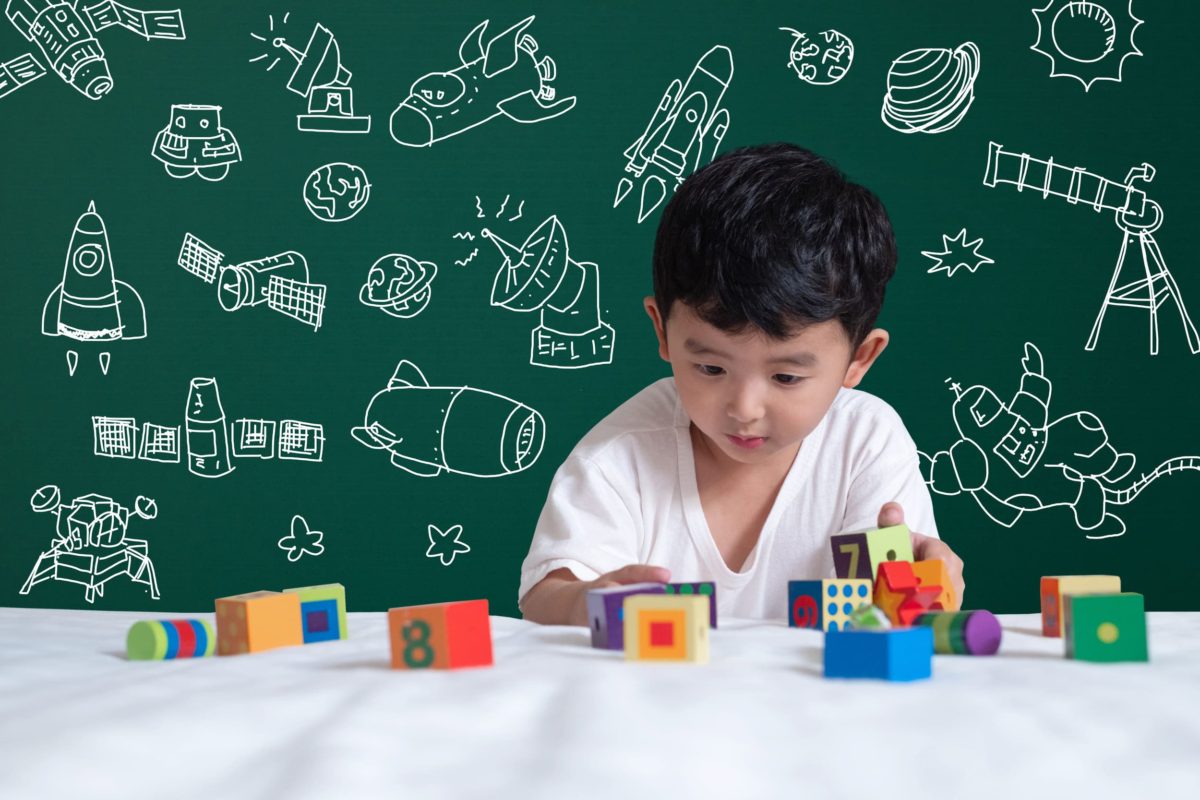STEM is a fairly new acronym in the education world which incorporates science, technology, engineering, and math skills into one category as an “investigative” subject. Rather than teaching the four areas as separate topics, STEM integrates them into a cohesive learning model based on applying skills in real-world situations.
How does STEM work in the early years?
In the early years, STEM activities can be quite a wide and varied learning experience for children. For example, through hands on activities such as growing their own fruits and vegetables, designing and building forts and stacking blocks, children can learn to collect data, develop investigative strategies, solve problems, and learn to adjust their approach when things do not go as expected. When facilitated with care and thought, these types of activities lay a foundation for future STEM learning by allowing kids to not only observe “science” but to become “scientists”.
How is STEM beneficial in the early years?
The main goal in the early years is to pique students’ interest in STEM topics and to gain awareness of the STEM fields and occupations. There are also many educational benefits to STEM learning such as:
- Strong links between STEM and language learning with early STEM instruction resulting in higher language and literacy outcomes.
- Building resilience which allows failure as a learning exercise, enabling students to embrace mistakes as part of the learning process.
- Teaching how to examine problems and create plans to solve them by using critical thinking skills.
- Encouraging experimentation and creativity through learning activities which involve risk-taking or “thinking outside of the box”.
What is sensory play?
Sensory play includes any activity that stimulates a child’s senses. Children learn best and retain the most information when they engage their senses. Sensory play is another important aspect of learning which is critical in the early years and can be seen as the first stage of STEM learning. From their earliest moments, babies use all of their senses to take in the world around them, form hypotheses, make predictions, and begin to understand how people and objects interact with each other. It is important that as young children begin to progress into more formal education, these natural skills are harnessed and enhanced, rather than being suppressed.
How does sensory play benefit early years children?
There are so many ways in which sensory play can benefit a child’s development and learning. Sensory play:
- Encourages discovery and curiosity as well as inspires imagination and creativity through open-ended, fun activities.
- Boosts fine and gross motor skills when children identify objects by squeezing, pulling, pushing and throwing.
- Enhances problem-solving skills and decision-making skills through experimentation with different objects.
- Supports social skills by encourages children to interact and work with others effectively while practising their communication skills.
